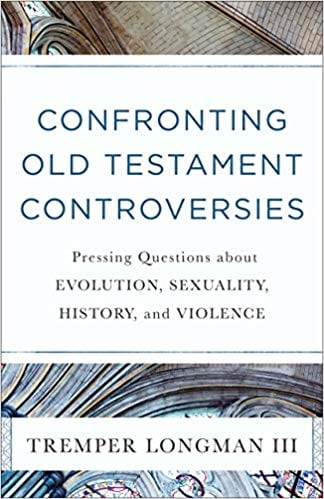Q. In my dealings with many conservative Christians one of the things I think that they often lack is any sense of progressive revelation, by which I not only mean that the clearer and fuller revelation of God’s character comes in Christ and in the NT, but also that we must take the hint from Jesus when he tells us things like ‘Moses gave you the permission of divorce due to the hardness of your hearts’. It seems to me that there are lots of things in the OT that fall under the rubric that God was giving laws etc. to restrain sin for example with principles like ‘an eye for an eye, a tooth for a tooth’ etc. What is your understanding of progressive revelation and how might it affect your discussion of divine violence and Yahweh as a warrior?
A. Yes, progressive revelation is an important component of Scripture on so many levels. It helps explain why we learn little about the afterlife, the Trinity, and so forth in the Old Testament. It also helps us understand, as you point out, that the case law is not necessarily (these things have to be judged on a case by case basis) God’s ultimate ethic as your example about divorce points out. I do think that divine violence undergoes transformation as we move from the Old Testament to the New Testament, but it is not simply a move from physical warfare to spiritual warfare, because as I explain in the book the move is from physical warfare in the Old Testament to spiritual warfare in the period between the resurrection and second coming, but then the second coming will bring divine warfare and complete, final victory against spiritual and physical enemies, and then the return to Eden-like peace.













